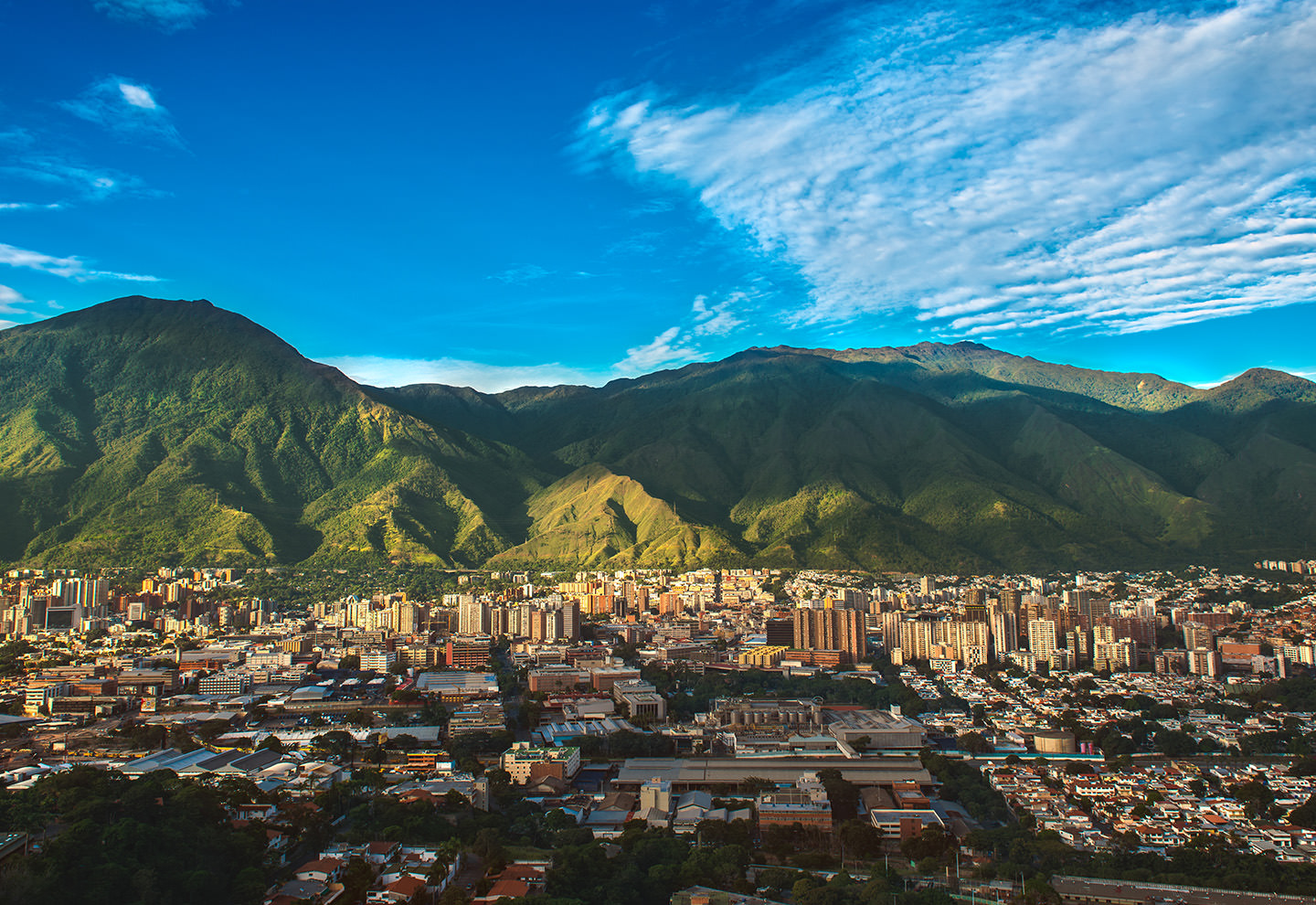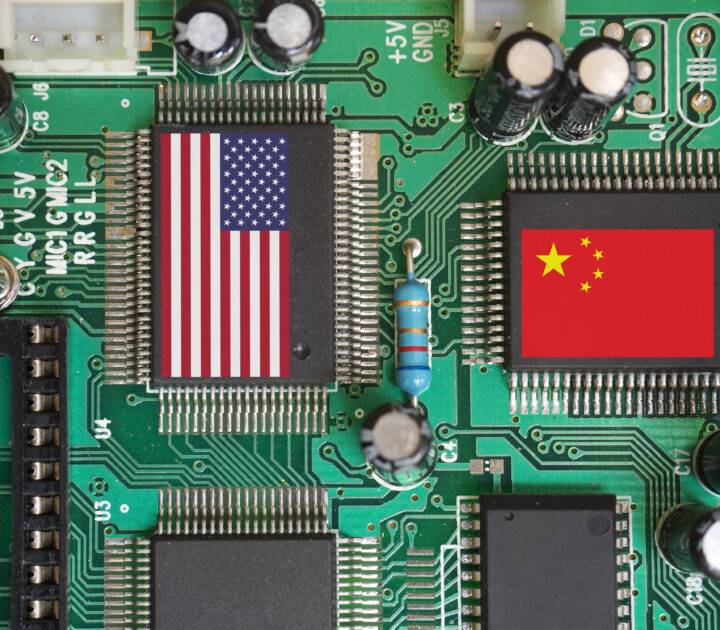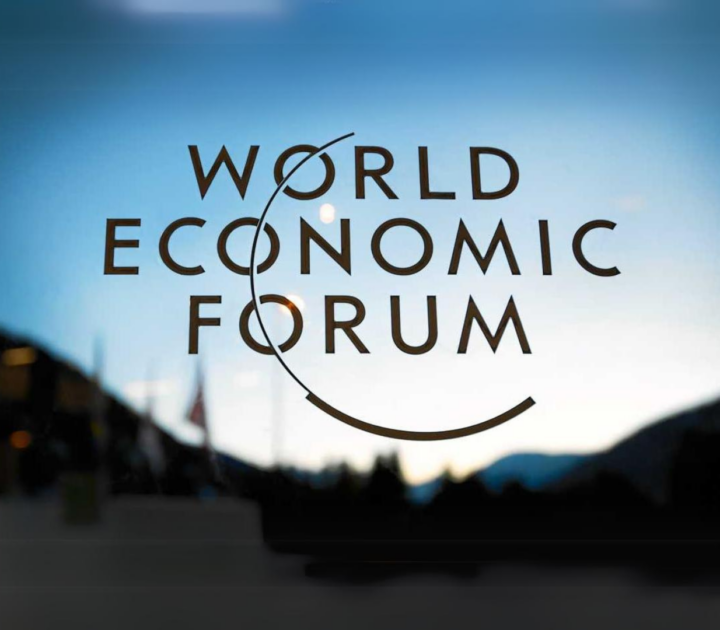Venezuela can draw on learnings from how other economies have boosted their competitiveness, said Professor Bris, Director of the World Competitiveness Center and a financial expert.
His talk came just one month after the center released its 2020 Competitiveness rankings. Venezuela has come bottom of this list since 2003; in this year’s results it was 63rd out of 63 countries.
Speaking to 70 webinar participants, most of whom come from Venezuela’s private sector, Professor Bris contextualized his advice for Venezuela by describing a world that is witnessing the end of globalization as we know it, “making differences between countries much more important”.
International regulation, trade and oil prices will fade into the background as countries seek to identify their own added value — be it oils in Thailand or cars in South Korea.
He presented various signposts for the country during the event organized by CONAPRI, a Venezuelan organization that diffuses business opportunities in across the country with a wide cross-section of industries represented by members from Ron Santa Teresa to Shell Venezuela.
Professor Bris offered three steps the country should take now in order to become more competitive.
1) Seek inspiration in other countries
Venezuela can study the ways other economies have boosted their competitiveness, said Professor Bris.
“Every country makes its own salad. The ingredients may be the same, or very similar, but the way they are mixed up will be different, meaning Venezuela can learn from other countries but its competitivity model must be a unique recipe.
“That Venezuela might seek to become the Switzerland of Latin America would be absolutely absurd. It needs to become the Venezuela of Latin America, and of the world.”
Listeners were keen to hear more about the type of political system that is most conducive to starting a productive chain of events in an economy.
Within the context of Venezuela’s current situation, Professor Bris answered by pointing to other authoritarian governments saying that benevolent dictators (authoritarian regimes that favor inclusion) have the greatest success in this regard “as they have the ability to make decisions”.
By contrast, “non-benevolent dictators who use non-inclusive institutions, such as the army, are not helping promote competitiveness in their countries.”
“Competitive countries might be monarchies, republics, democracies or dictatorships, but the ones that have increased their competitiveness in recent years are actually non-democratic, such as Singapore, Hong Kong, China and the United Arab Emirates,” he said.
2) Invest now in infrastructure
If competitiveness can be loosely summed up as government competency and good handling of the economy, then infrastructure, both physical and otherwise, plays a key role.
The tough news is that Venezuela needs to make huge advances across the board — it scrapes the barrel in education, health and infrastructure — the good news is that “Venezuela’s private sector is relatively easy to govern”.
One way the private sector can contribute is by leading in innovation; Professor Bris said that it is on this that “business success hinges. It’s become a real must.”
He gave the example of Palestine, where there is a strong focus on innovation even alongside austerity measures. Professor Bris explained, “Palestine, Ukraine and Russia’s innovation examples are more impressive in my mind that those in Silicon Valley. And innovation also helps the political evolution of a country.”
But it’s not only about the private sector. “In order for businesses operating in countries with limited institutional frameworks to get the most from public policies, it’s key to build bridges with the public sector,” Professor Bris said.
“Switzerland bet on its private sector. The political system responded and supported it. The US and Germany had similar experiences. However, in other countries it’s the public sector that drives the change.”
Indeed, great strides come from social demand. In the IMD ranking, there is a strong correlation between overall ranking position and talent rating. Talent depends on education; Singapore and Finland are examples of countries that have improved their competitiveness in tandem with building excellent education systems from the ground up, he said.
3) Embrace the Latin American region as a hub
Venezuela should collaborate with the wider Latin American economy, in particular Paraguay, Colombia and Brazil.
Smaller economies like Switzerland and Hong Kong would not have leapt up the competitiveness ranks if they had not been collaborating with the EU and China, respectively, he said.
“Venezuela, just like the US, cannot be compared with these smaller successful economies alone because there are inefficiencies in large countries, and social consensus is hard to achieve,” said Professor Bris.
Trading in the region allows both parties to grow. It’s not a case of “I get better and you get worse”.
But Latin America doesn’t naturally lend itself to being an economic zone; this still needs to be built.
One possible wildcard: the blockchain “equalizer”
A final piece of advice came from the Blockchain world, triggered by one participant asking about cryptocurrencies’ ability to drive competitiveness among countries. Professor Bris said that banks in China, Norway and the UK were already launching them. The sooner Venezuela could jump on this bandwagon, the better, he said.
“It’s a great equalizer for economies; it helps poorer countries develop. You don’t have to be a rich country to have favorable regulation for this – look at Estonia, Ukraine, Oman and Kazakhstan.”
First and foremost, however, Venezuela should be asking: what are the most positive things about our economy and how could these make us competitive, and generate quality of life in the long run?
Indeed, there are no miracles to competitiveness and it will take time — at least a generation — for Venezuela to do the work and see it reflected in the rankings.
The full webinar can be viewed in Spanish here.
Further reading: Professor Bris recommends Joe Studwell’s bookd “How Asia Works” — an exploration of factors dictating why some countries boom whilst others languish that also highlights the importance of governments forcing companies to compete on a global scale.








